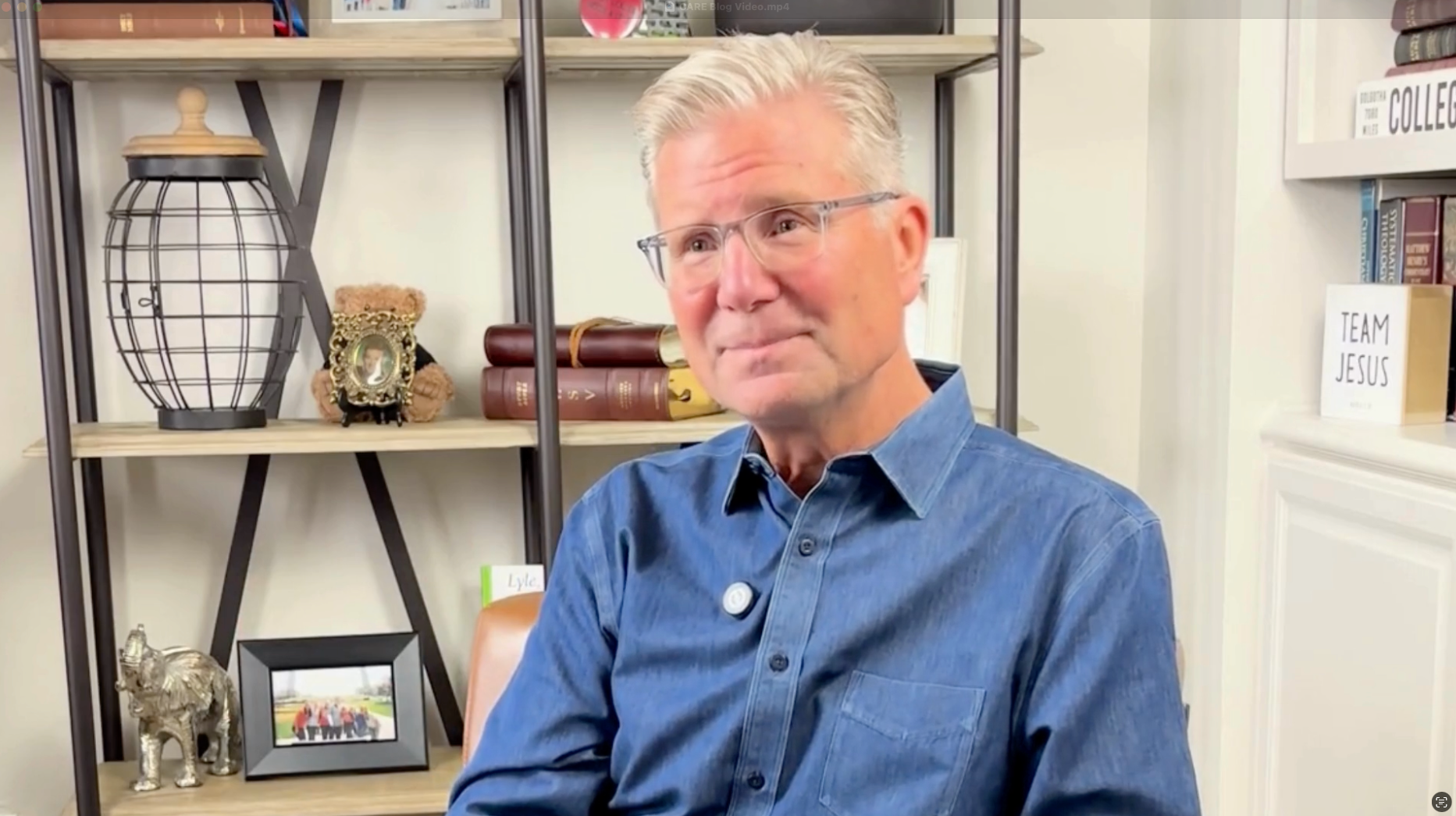info@integrus.org
Leaders We Love: Leaders Living on Mission for Christ
Leaders We Love: Leaders Living on Mission for Christ

At Integrus Leadership, we are passionate about championing organizations whose leaders demonstrate a commitment to excellence and advancing the kingdom of God. That's why we're highlighting these incredible teams through our Leaders We Love series. Here are four organizations we are thrilled to feature this month.
RockPointe Church: Planting Churches that Spread the Gospel
RockPointe Church, located in Flower Mound, Texas, is on a mission to plant churches that spread the gospel and make a lasting impact in their communities. What sets RockPointe apart is their commitment to supporting these new churches even after they are launched. This year, they went above and beyond by funding executive coaching for pastors from churches they have already sent out, ensuring that these leaders have the resources and support they need to grow. Rock Point’s vision is inspiring as they are not just planting churches—they are investing in the leaders who will continue to carry the gospel forward. Their dedication to expanding God’s Kingdom and investing in leaders is a powerful example for all.
Morning Star Tours: Creating Pilgrimage Journeys that Deepen Connection to the Gospel
Morning Star Tours is a family-owned organization based in the Dallas area, dedicated to creating transformative pilgrimage experiences for travelers. Their mission is to help people deepen their connection to the gospel through life-changing journeys. Over the past year and a half, we've witnessed their executive team weather difficult challenges, such as unrest in the Middle East, yet their commitment to supporting one another and their mission has remained steadfast. Their leadership model, which balances excellence with compassion, sets a powerful example for anyone leading on mission. Morning Star, your passion for serving and creating memorable, impactful experiences inspires us daily.
Brazosport Cares: Fighting Hunger with Compassion and Purpose
Brazosport Cares is a nonprofit organization in Lake Jackson, Texas, working to ensure that no one in Brazoria County goes hungry. They provide affordable, nutritious food to thousands of individuals, from families facing sudden income loss to seniors living on fixed incomes. In 2023 alone, they served over 10,500 people. The heart of this organization is rooted in compassion, and their unwavering dedication to feeding those in need is a testament to what it means to lead with purpose. A special shoutout to Christy Fry, whose commitment to serving others inspires those around her. Brazosport Cares is a true example of leading with intentionality and heart.
Unbound Now: Fighting Human Trafficking with Compassion and Action
Unbound Now is a global nonprofit organization focused on preventing human trafficking and providing trauma-informed care to victims. Recently, their team worked alongside law enforcement during a victim recovery operation, resulting in the rescue of 10 individuals. In these challenging and often heartbreaking moments, Unbound Now’s advocates step in with compassion, offering critical support, including safe housing, medical care, and emotional assistance, to help victims begin to reclaim their lives. The team in Bryan and College Station, Texas, exemplifies what it means to lead with a sense of urgency, love, and care. We are honored to support and strengthen their work as they continue their vital mission.
Reach Out and Encourage a Leader Today
In a world that can often feel chaotic and uncertain, it’s a privilege to be a part of a community that is consistently looking for ways to uplift and strengthen the work being done by Kingdom-minded leaders.
Whether you are working to make an impact in your local community or you are leading efforts on a global scale, we want to remind you today: Your work matters. Your leadership matters.
Today, we encourage you to reach out to one leader in your life—whether it’s someone in your church, your workplace, or a partner in ministry—and encourage them to keep going. A simple note, a text, or a call to let them know that their contributions to the Kingdom are seen and appreciated can have a lasting impact.
Download our Encouragement Guide and use this free tool to brainstorm all the most effective ways to encourage the leaders in your life that mean the most to you.
SHARE THIS POST






































